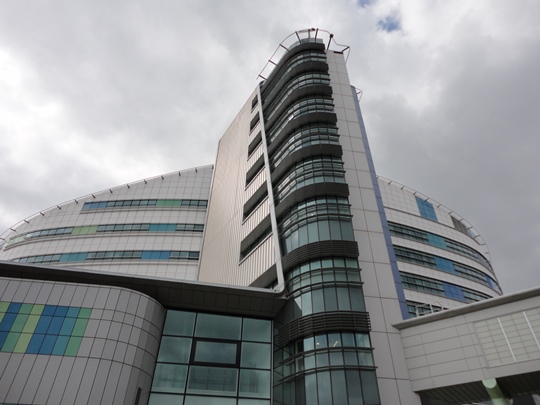Local authorities matter. They provide many of the most basic public services: schools, roads, refuse collections and recycling, social services, planning and benefits administration. They are the part of government you would notice first, if they stopped working. In many areas of Britain, a council is the largest employer, and with their elected members, local authorities are arguably the most democratic type of public sector organisation.
But they are tricky to follow. Journalists trying to cover councils nationally suffer from being based mainly in one place, London, from lack of resources and from the sheer number of authorities.
The exceptions are journalists who work for locally-focused publishers. Despite falling advertising and circulation income, it is still local and regional newspapers, broadcasters and online publishers that produce the best coverage of local authorities.
As a result, while it is easy to keep tabs on your own council, if you want to track local authorities nationwide – as a councillor or official keen to learn from your peers, or a supplier seeking new opportunities – you would need to monitor many hundreds of sources.
So let Council News Monitor do the job for you. It’s a new email service, sent first thing every weekday morning, with articles and press releases from councils in all nine English regions, Wales, Northern Ireland and Scotland – or, as the four nations can safely be called again, the United Kingdom. Continue reading “If you want to monitor local authorities, we’ll ask the locals for you”

